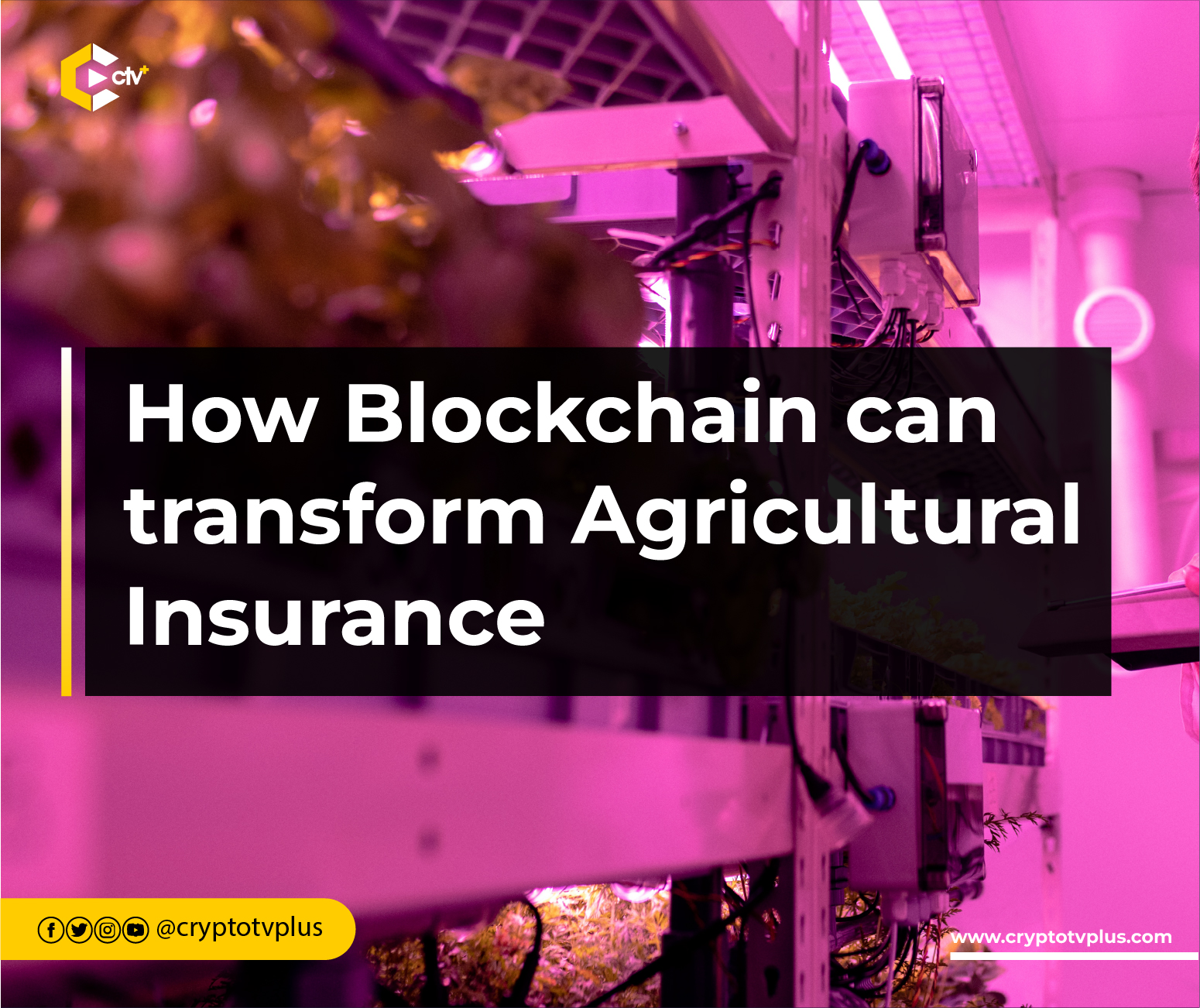FEATURED
How Blockchain can transform Agricultural Insurance

Lemonade Foundation, the non-profit arm of Lemonade Insurance Company, is leveraging the power of blockchain to tackle real-world challenges. Lemonade Foundation unveiled its first project at the Avalanche Summit II aimed at combating world hunger through blockchain technology.
According to Roy Confino from Lemonade Foundation, the team recognizes that the true power of blockchain lies in its ability to assist those in greatest need. Historically, the potential of blockchain technology has not been fully harnessed for the benefit of the unprotected, unbanked, and uninsured populations, particularly farmers in the global South.
However, the Lemonade Foundation is changing this paradigm by using insurance as a bridgehead to connect blockchain to real-world impact, he said.
He illustrated the significance of the project, using the story of Grace, a subsistence farmer in Taita Taveta County, Kenya. Grace relies on her small plot of land for survival, but a severe drought has left her crops barren, putting her family at risk of starvation. Roy disclosed that the Lemonade Foundation, having recognized the urgency of the situation, initiated the Lemonade Crypto Climate Coalition—a coalition of companies from insurance and reinsurance.
Also, the Lemonade Foundation, in partnership with blockchain platform Avalanche, developed a blockchain-based crop insurance product. This product provides financial support to farmers like Grace in the event of crop failure.
Utilizing decentralized autonomous organizations (DAOs), smart contracts, and oracles, they have created a cost-effective and transparent system that ensures payouts reach farmers directly.
The blockchain-based insurance model not only solves the affordability challenge but also builds trust, Roy mentioned. By leveraging the transparency and audibility of blockchain technology, trust is established between all stakeholders. Roy stated that farmers, who may have been skeptical of traditional insurance companies, now have a system that operates without the need for intermediaries and bureaucracy.
Once the foundation is established, it can easily be replicated and extended to farmers globally, regardless of their location or socioeconomic background. Moreover, by issuing a token, the foundation aims to involve the wider crypto community in supporting the insurance needs of farmers worldwide.
Read also;
Solana integrates with ChatGPT to make blockchain more accessible
What do you think of this article? Share comments below.
























